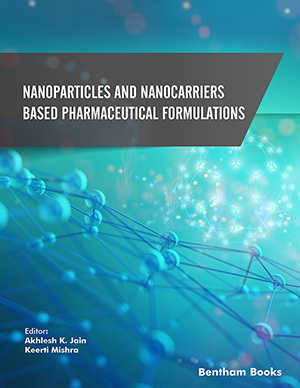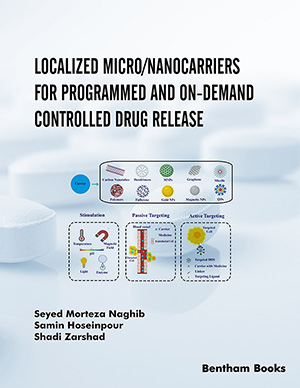
Abstract
Induced pluripotent stem cells (iPSC) can be produced from adult cells by transfecting them with a definite set of pluripotency-associated genes. Under adequate growth conditions and stimulation iPSC can differentiate to almost every somatic lineage in the body. Patients' derived iPSC are an innovative model to study mechanisms of adverse drug reactions in individual patients and in cell types that cannot be easily obtained from human subjects. Proof-of concept studies with known toxicants have been performed for liver, cardiovascular and central nervous system cells: neurons obtained from iPSC have been used to elucidate the mechanism of chemotherapyinduced peripheral neuropathy by evaluating the effects of neurotoxic drugs such as vincristine. However, no study has been performed yet on pancreatic tissue and drug induced pancreatitis. Thiopurines (azathioprine and mercaptopurine) are immunosuppressive antimetabolite drugs, commonly used to treat Crohn's disease. About 5% of Crohn's disease patients treated with thiopurines develop pancreatitis, a severe idiosyncratic adverse event; these patients have to stop thiopurine administration and may require medical treatment, with significant personal and social costs. Molecular mechanism of thiopurine induced pancreatitis (TIP) is currently unknown and no fully validated biomarker is available to assist clinicians in preventing this adverse event. Hence, in this review we have reflected upon the probable research applications of exocrine pancreatic cells generated from patient specific iPS cells. Such pancreatic cells can provide excellent insights into the molecular mechanism of TIP. In particular three hypotheses on the mechanism of TIP could be explored: drug biotransformation, innate immunity and adaptative immunity.
Keywords: Adverse drug reactions, induced pluripotent stem cells, inflammatory bowel disease, pancreatitis, thiopurines.
 59
59 6
6 1
1 1
1


















